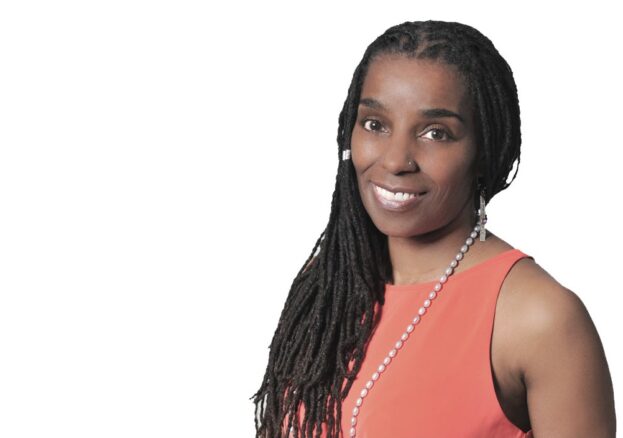
It is 2023 and the fight for justice, peace and equity in America and the diaspora continues. Despite African Americans being in the US for over 400 years, let me say that again, despite African Americans building America for over 400 years, and despite enslavement of Africans being abolished in 1865, with the 13th amendment. Despite all this Black Lives still do not appear to matter.
Civil Rights Movement
Civil rights campaigners have been at the forefront of a long fight for equality, justice and the liberation of African Americans for decades. Their work has played a crucial role in shaping the Civil Rights Movement and still the fight for racial justice remains ongoing.
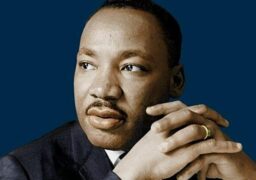
One of the most well-known and much loved civil rights campaigners is Martin Luther King Jr. MLK was a Baptist minister and leader of the Civil Rights Movement during the 1950s and 1960s. He is best known for his “I have a Dream” speech, and his nonviolent civil disobedience approach, which inspired Gandhi in his fight for freedom. MLK led the Montgomery Bus Boycott and helped to organize the March on Washington in 1963, where he delivered his famous speech. His work continues to inspire civil rights activists to this day.
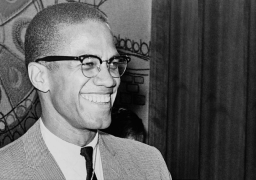
Another great figure in the fight for justice and liberation was Malcolm X. Malcolm X was a Muslim minister and human rights activist who advocated for Black Nationalism and Pan-Africanism. He was a critic of MLKs emphasis on nonviolence. Malcolm X called for Black self-determination and self-defense. His ideas and speeches had a significant impact on the Civil Rights Movement and also continue to influence activists today.
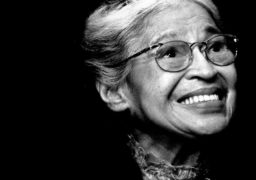
is another Civil Rights icon. She became known as the “Mother of the civil rights movement” by refusing to give up her bus seat to a white person in 1955. Her act of civil disobedience led to the Montgomery Bus Boycott, a catalyst for major change. Anytime I sit at the front of a bus, a theatre, or a cinema, I think of Rosa Parks, and times gone by, when I would not have enjoyed such access.
Black Feminist Activists
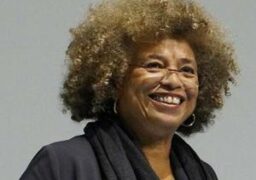
Black Feminist Activists and Scholars such as Angela Davis, Audre Lorde and bell hooks relentlessly continued the fight for racial justice, gender equality and LGBTQIA rights. Kimberlé Crenshaw, highlighted intersectionality, which is the way in which race intersects and compounds with other areas of oppression, such as gender, class sexuality and ability, to create unique experiences of oppression and or privilege. A complex web of experience is created that cannot be understood simply by looking at one aspect of a person’s identity.
For example, a Black woman may face discrimination and oppression not only because of race and gender, but also because of class or sexual orientation. We need to address these intersections in order to create more equitable society.
Black Lives Matter
2020 and 2021, saw a global uprising, following the brutal murder of George Floyd at the hands of an institutionally racist police force.
The Black Lives Matter movement rose in prominence and people the world over united in the fight against racial injustice and white supremacy.
Activists all over the world called for an end to police brutality, racial discrimination and campaigned for more inclusive and equitable societies worldwide, especially for African Americans living in America.
The fight for civil rights and racial justice for African Americans has amplified. We have seen some progress, but there is still much work to be done to achieve true equality, justice and liberation. It’s important to remember and honor the legacy of these Civil Rights Leaders and continue to support and amplify the voices of current activists still fighting for racial justice.
What steps can you take?
- Address racism, inequality, bias and systemic racism whenever you encounter it. Remember silence is violence. Dismantling oppressive systems that contribute to racial inequities and discrimination is essential for achieving equality.
- Advocate for policy changes, police reform, housing policies and educational opportunities. All policies that address racial inequities are important for creating just and equitable societies.
- Promote diversity, equity and inclusion. Encourage and support initiatives that cultivate DEI in all aspects of society.
- Support Black-led organisations and movements that are working towards racial justice and equality. This helps to amplify the voices and experiences of Black people and brings attention to all the issues faced.
- Don’t be afraid to engage in conversations about race, racism and antiracism. Being involved in open, honest conversations helps to raise awareness, builds understanding and promotes empathy among different racial groups.
These steps, along with continued activism and advocacy, can help us create a more just and equitable world, that we can all be proud to call home. As well as bringing much needed Justice, Peace and Equity to Black communities everywhere.
Caroline Shola Arewa known as the Energy Doctor, is a highly respected figure in the fields of spirituality and wellness, recognized for her expertise in Energy work. With over 3 decades of international experience and awards. Shola is a psychologist, speaker and author of five books, including best sellers “Opening to Spirit” and “Energy 4 Life”. Shola trains Spiritual Coaches and supports individuals to reclaim their energy, enhance their well-being and transform their lives. Shola helps you get your Energy back and your Life on track! Shola.co.uk
